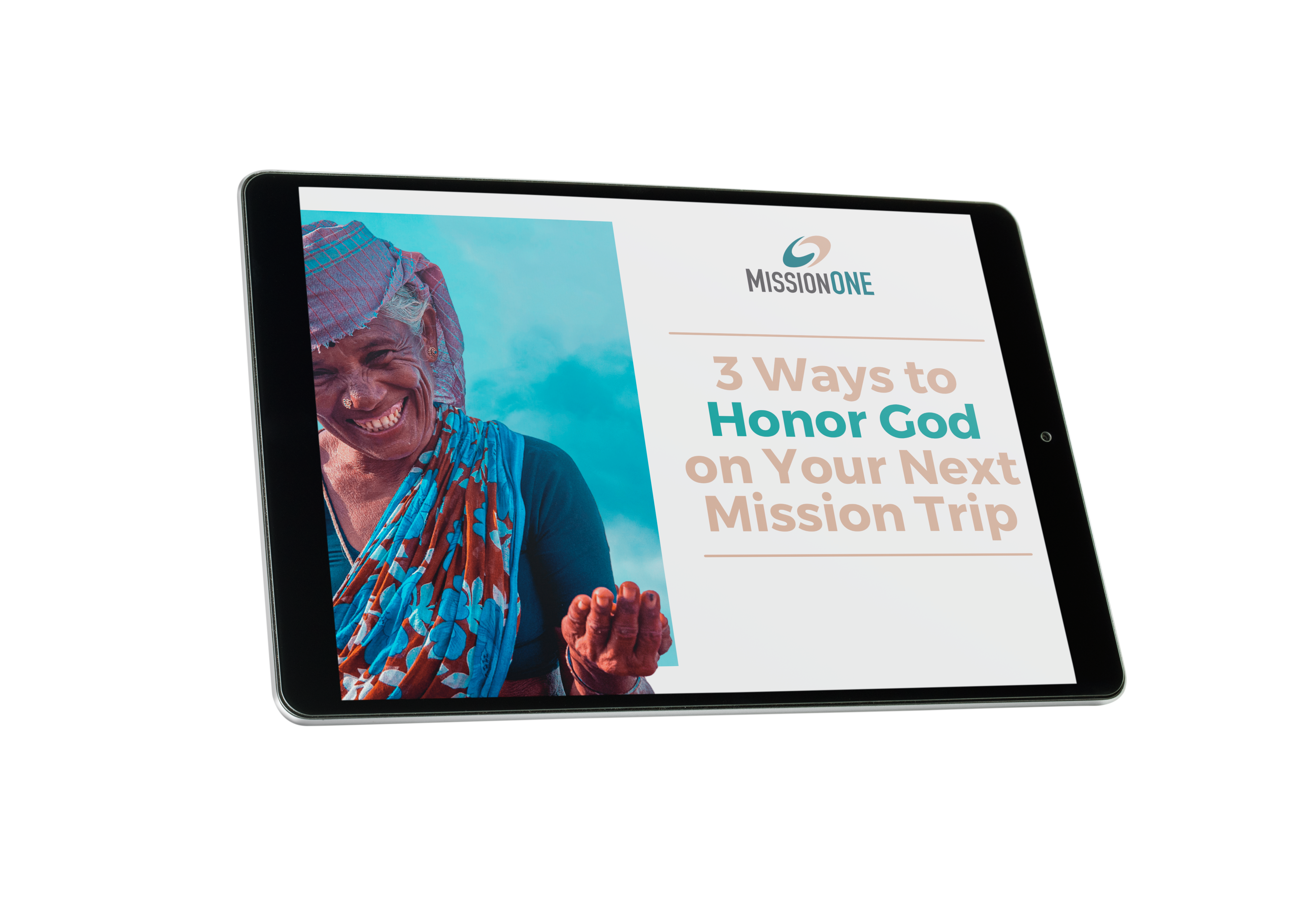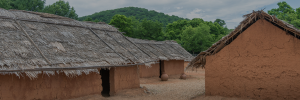
Our Discussion
In this episode, we meet an Afghan refugee named Mina, who currently attends ASU. Mina shares about her upbringing in Afghanistan. She shares her educational experiences and the culture of her people. She explains the history of her country and the current state of affairs. Mina tells her story of coming to America from Afghanistan and what it’s been like to be immersed in a new culture and country.
This conversation is so important to clear up misconceptions that Americans may have about Afghan people because the news and media isn’t able to portray the full picture of what has been happening in Afghanistan. This conversation is also important to educate people on ways we can listen and learn from each other. There are ways to support and help refugees, but most importantly, we can love them, pray for them, be their friend, and keep sharing and learning from one another.
In this episode, we talk about:
- Mina’s refugee journey from Afghanistan to America.
- What she sees as a future for her people.
- A clearer picture on Afghanistan history.
Highlights
- 0:00:30-Mina’s Intro.
- 0:02:00-What was it like to grow up in Afghanistan?
- 0:02:30- What type of education did she receive?
- 0:02:45- What was your University experience?
- 0:03:30- How was your education affected by Covid in 2020?
- 0:04:25- How did things escalate to chaos so quickly with the pandemic & the peace negotiation in Afghanistan?
- 0:06:00-What precautions were taken to protect the girls?
- 0:09:00- What precautions did people take to protect their families from the Taliban and how did it backfire on them?
- 0:10:45- Why would the Taliban disapprove of artwork?
- 0:14:00- What does the Quran teach about artwork & how are its teachings different from the Taliban’s beliefs?
- 0:15:45- How does being a minority in Afghan society increase your risk for conflict with the Taliban?
- 0:16:00-How many ethnic tribes, different languages, & religious beliefs are there in Afghanistan?
- 0:17:50- What is the relationship between the Pashtuns and Hazaras?
- 0:20:50- Who does the name/Title of Afghans apply to?
- 0:21:35- What has been the result of the ongoing war of 35+ years?
- 0:22:30- Where did most of the Hazaras go to escape the war or as a result of the war?
- 0:23:30- When was slavery aboloished of the Hazaras people?
- 0:24:45- What caused the civil war?
- 0:25:00- What has been the result of the civil war for the Hazaras people?
- 0:26:30- Why is education a top priority for Hazaras families?
- 0:29:15- What was the only option for Hazaras’ children?
- 0:29:40- What misconceptions do Americans have about Afghan women?
- 0:32:30- What are the differences in daily life in Afghanistan since the Taliban took over?
- 0:37:15- How did the Taliban recently trick the Afghan women?
- 0:39:45- What are the practical effects of women’s rights being taken away?
- 0:45:00- What has been happening in the Hazaras community educational centers and why?
- 0:46:30- What has been the political analysis on girls and education since the Taliban permitted them to attend schools again?
- 0:49:30- What dreams do you have for yourself and your country? What hope do you have?
- 0:51:15-Who is carrying out this genocide against the Hazaras community?
- 0:52:15- What do you want Americans to know about Afghanistan?
- 0:56:15- How can people help refugees?
Resources & Links
- Dancing in the Mosque: An Afghan Mother’s Letter to her Son by Homeira Qaderi
- Follow Mission ONE on Instagram | @partnerwithmissionone
- Learn more on mission1.org
Listen Now!
Search the Blog
Free Resource

3 Ways to Honor God on Your Next Mission Trip
We're sharing three things you should consider before you organize or participate in an international mission trip, seek to do work in the multicultural neighborhood in your own city, or embark on any cross-cultural partnership.

